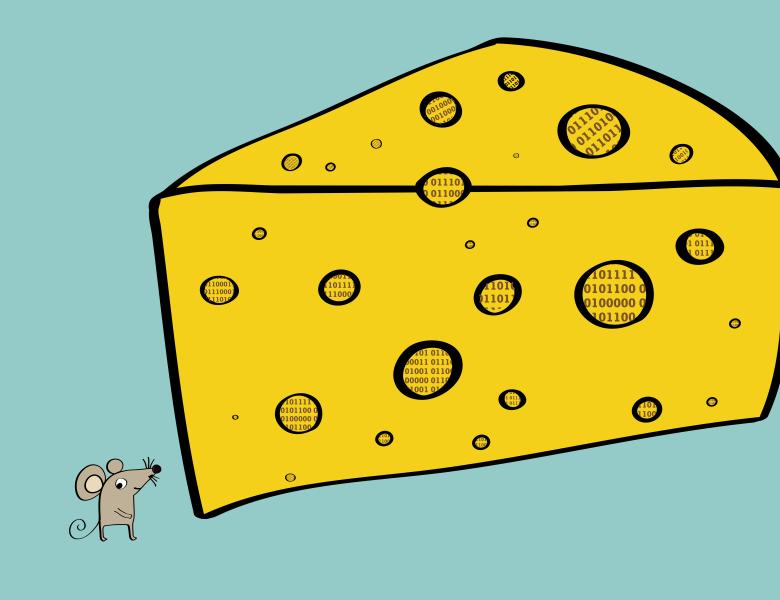
Abstract
Prior knowledge—whether from historical data, domain expertise, or predictive models—can enhance statistical inference by reducing sample complexity. We introduce a general framework for leveraging such predictions and apply it to hypothesis testing for discrete distributions. In the standard setting, optimal sample complexity bounds are known for identity, closeness, and uniformity testing. We show that access to a predicted distribution can reduce the required samples, with gains determined by its total variation distance from the true distribution. Our algorithms are adaptive, adjusting to prediction accuracy without prior calibration, and robust, never exceeding the standard sample complexity when predictions are uninformative. We establish information-theoretic lower bounds confirming optimality and present experimental results demonstrating significant practical improvements.


